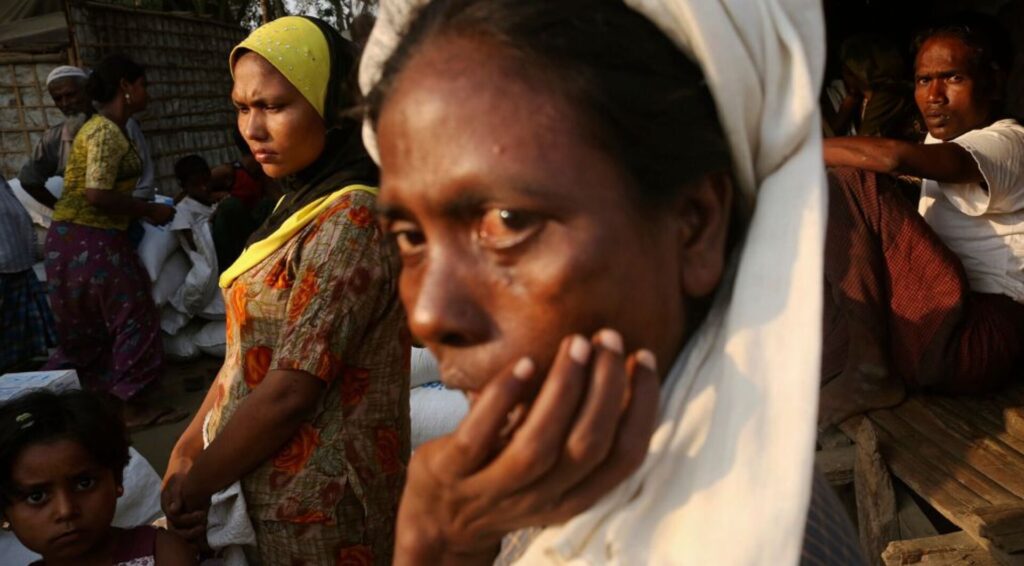TLDR;
Bangladesh, host to over 1.5 million Rohingya refugees, is facing a severe resource crisis, making the nearly decade-long humanitarian effort unsustainable. The Rohingya fled Myanmar eight years ago to escape military violence. Despite forming the world’s largest refugee camp, funding shortages now threaten to exacerbate the crisis. Discussions focus on repatriation challenges, including Myanmar’s reluctance, safety concerns, and insufficient international support. Experts explore these issues to find solutions.
Bangladesh has declared that it has exhausted its resources for hosting hundreds of thousands of refugees.
It has now been eight years since more than 700,000 Rohingya were forcibly displaced from their homes in Myanmar, exposed to mass violence, arson, and sexual assault by the military.
The Muslim-minority Rohingya fled Rakhine State in western Myanmar and sought refuge in neighboring Bangladesh.
Today, approximately one-and-a-half million Rohingya reside in Bangladesh, making it home to the world’s largest refugee camp.
However, Bangladesh and aid agencies argue that this nearly decade-long humanitarian effort is no longer sustainable.
They warn that severe funding shortages could escalate the crisis to a breaking point.
So, what is hindering efforts to repatriate more than a million refugees?
Presenter: James Bays
Guests:
Yasmin Ullah – Executive Director of Rohingya Maiyafuìnor Collaborative Network and human rights activist
Farah Kabir – Country Director for Action Aid Bangladesh
Abbas Faiz – Independent South Asia Researcher with a focus on Bangladesh


